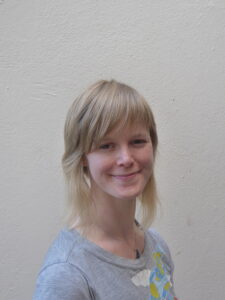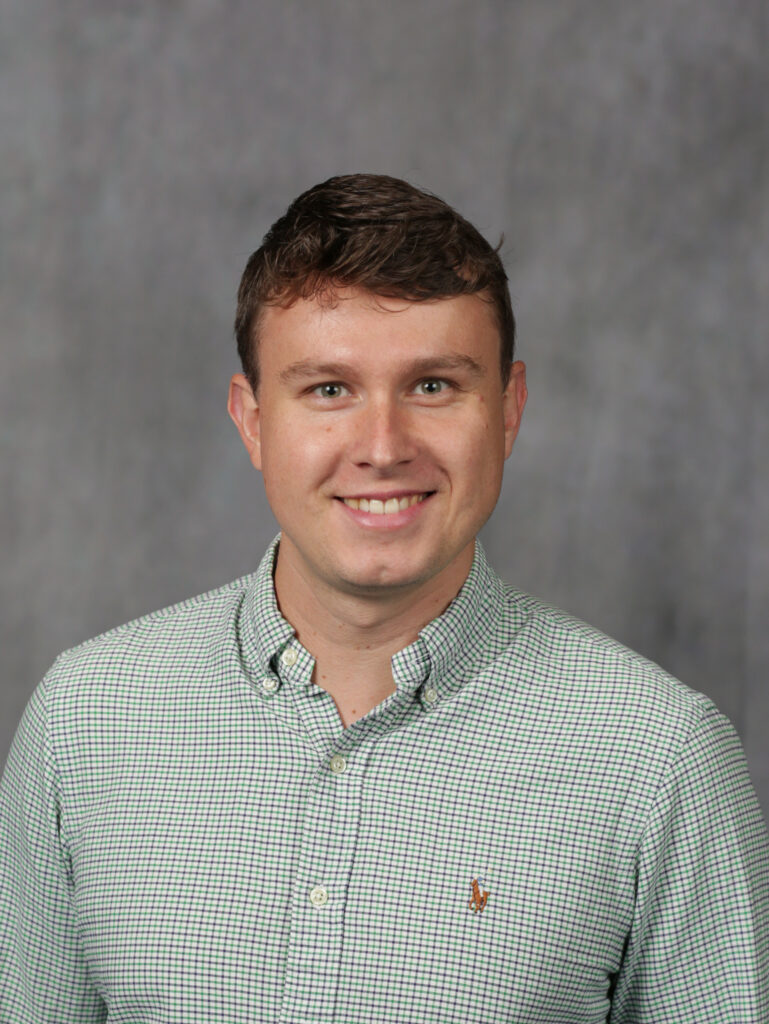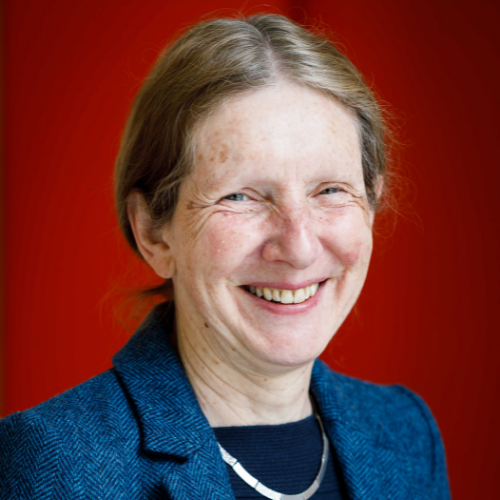Meet the 2023 New Lecturer grant winners
Nutrition
We’re happy to announce the winners of the 2023 New Lecturer grant: Dr Maria Chondronikola, Institute of Metabolic Science at the University of Cambridge; Dr Jim Fouracre, School of Biological Sciences at the University of Bristol and Dr Jo Hepworth, Department of Biosciences at Durham University.
We asked the winners to tell us more about their work and why it’s important…
Maria Chondronikola, Understanding the potential mechanisms underlying the metabolic benefits of time-restricted eating in people with prediabetes

This research will help us discover how time-restricted eating may protect against diabetes and heart disease and develop better strategies to improve wellbeing in people with obesity.”
Dr Maria Chondronikola, University of Cambridge
The number of people with obesity, insulin resistance and type 2 diabetes (T2D) has increased in the UK and worldwide over the last few decades. Obesity and T2D can lead to early deaths and lower wellbeing. Changes in nutrition over time have contributed to the increases in obesity and heart disease. In addition to the increase in the number of calories consumed, there have also been changes to meal timing (when and how often we eat). Changes in meal timing may explain the higher number of people with obesity, T2D and heart disease. The proposed study will help us understand how modifying meal timing affects metabolism in whole-body level and two important organs (adipose tissue and skeletal muscle) responsible for the maintenance of metabolic health in people.
Jim Fouracre, Exploiting the miR156-SPL genetic network for Camelina sativa yield improvement

My project will enhance our understanding of an underutilised crop with clear potential for improving human nutrition.”
Dr Jim Fouracre, University of Bristol
This project aims to characterise a genetic network in the oilseed crop Camelina sativa (also known as false flax or gold-of-pleasure). The genetic network consists of key plant growth regulators that have already been shown to be effective targets for yield improvement in other crops. Specifically, I expect that my research will demonstrate that optimisation of this network has the capacity to both accelerate Camelina development and produce more robust plants, leading to greater seed yield. Camelina seed are rich in omega-3 oils that are essential for our health but which humans are unable to produce. We are therefore largely dependent on plants such as Camelina for these critical nutrients. By carrying out a fundamental analysis of the developmental biology of Camelina, my project will enhance our understanding of an underutilised crop with clear potential for improving human nutrition.
Jo Hepworth, Molecular prediction of flowering time and branching in Brassica rapa vegetables and oilseeds

This project will generate computer models of how we can breed and grow plants to cope with climate change.”
Brassica crops include much of the world’s green vegetables, from turnips and Chinese cabbage to pak choi and oilseeds. Like many plants, Brassicas sense cold temperatures to tell them when winter has passed so that they flower in spring. We know the genes that control this, but we don’t know what temperatures they respond to, or how plants know when and how much to flower. This matters for Brassicas, because cabbages that flower taste horrible and have fewer nutrients, but we want broccolettos to flower and oilseeds to make seeds as those are the bits we eat! This project will compare the genes in a flowering Brassica and a Chinese cabbage, measure them in the field and in laboratories, and use this to generate computer models of how we can breed and grow these plants to cope with climate change yet still provide desirable produce across different environments. We aim to use these models to improve crop yields, quality and reliability without using extra fertiliser or land.
The Nutrition Committee New Lecturer grant provides financial support to help newly appointed lecturers, researchers or fellows establish their work. The grant will open again in summer 2024.





